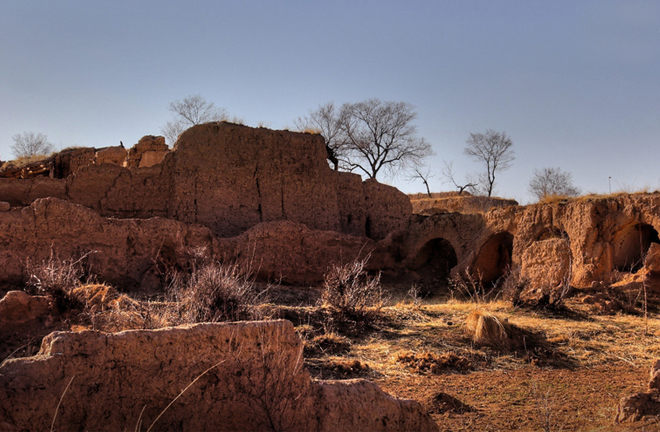YANG TINGSHUO: Future of countryside must be rooted in past

Historical sites should be protected in building a new village.
To build a new countryside, it is essential to respect history and preserve traditions.
The formation of a settlement is the culmination of numerous special historical events. The interactions of our ancestors with nature in the struggle to survive resulted in stable village communities that each had a distinctive “cultural ecology.” The fruits of these interactions are not just memories of the past. They have direct influence on the present and future generations. Thus, these memories can shed light on today’s development and future prosperity.
The flora and fauna that once thrived in the village as well as legends and stories about it may slowly fade out of villagers’ memory as time goes by. However, traces remain. Living testimonies to the history of a village can be found in centuries-old trees, local names for plants and animals, and abandoned sites as well as mountains, rivers and the caves where ancestors sought shelter from natural disasters.
Such traces should be preserved in the course of building a new countryside. The biological instincts of flora and fauna do not change involuntarily nor do the geological conditions, topographical features and weather conditions of a village. This indicates that there is mutual adaptation between organisms of different species and a village. No matter how it develops, a village and its ecosystem must depend on and support one another. This is both a goal and a method of ecological construction and restoration.
People of each village have their own means of subsistence, which can vary with time. The success of certain means is a result of individual efforts and the ability to adapt to nature. Though some traditional industries have become obsolete, they still offer valuable lessons to people today about respecting nature and utilizing resources. Innovation in traditional industries is the only way to maintain the sustainable development of the village.
Wisdom can be passed on by remembering the names, techniques and ideas of long-dead craftsmen. Memories of them are cultivated in the ecological environment peculiar to the village. Therefore, by taking advantage of contemporary scientific technology, historical memories can provide new approaches and channels to the development of the village.
China has a tradition of compiling local chronicles, which must also be integrated into the construction of a new countryside to ensure the stable continuity of each village’s legacy.
In addition, historical lessons are also worthy of reflection. The natural disasters that have occurred over the years and the losses people have suffered therein may also pose an obstacle to future development. The heavy impact of natural disasters in different historical periods indicates that people lacked enough understanding of nature, the ability to effectively respond to crisis and sufficient vigilance against risks. The lessons, however, can guide people on how to evade disasters and provide more knowledge and skills while serving as a valuable reference to the construction of a system for avoiding and managing risk.
Historical figures and events as well as well-preserved relics and sites should be commemorated and protected in rural construction. Markers and signs can be used to educate villagers. Moreover, legends and stories should be compiled in local records to inform people of the past while teaching them how to cope with adversity.
Yang Tingshuo is from the Institute of Anthropology and Ethnology at Jishou University in Hunan Province.
